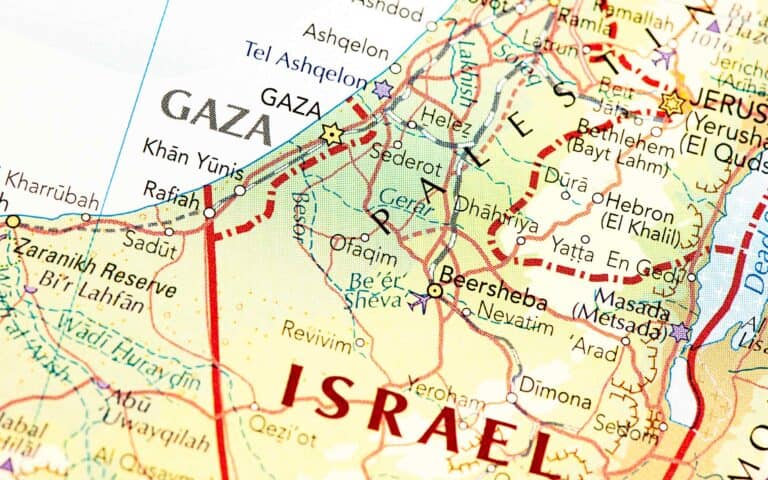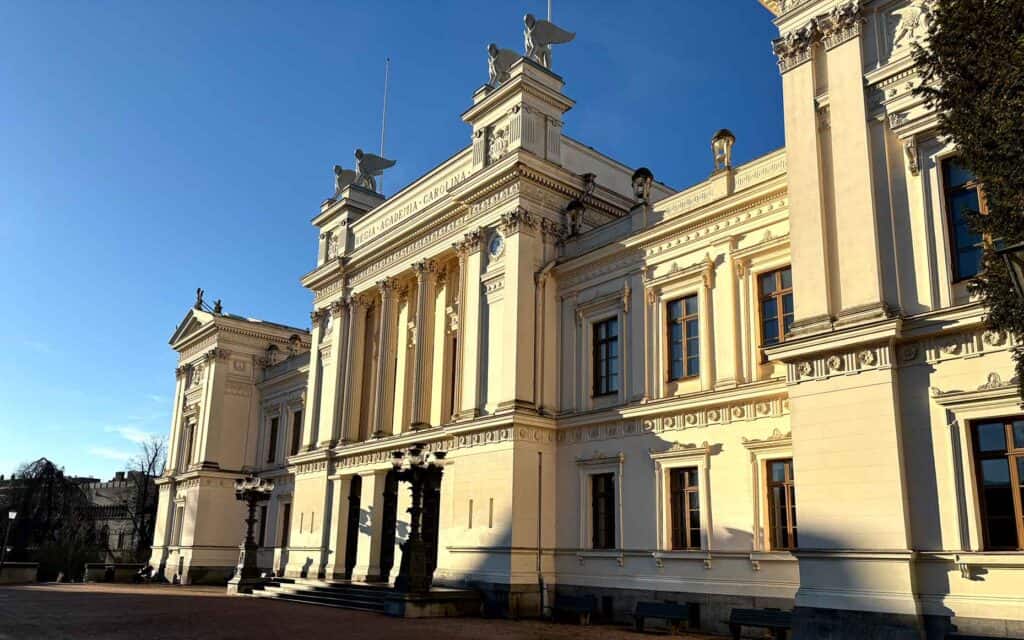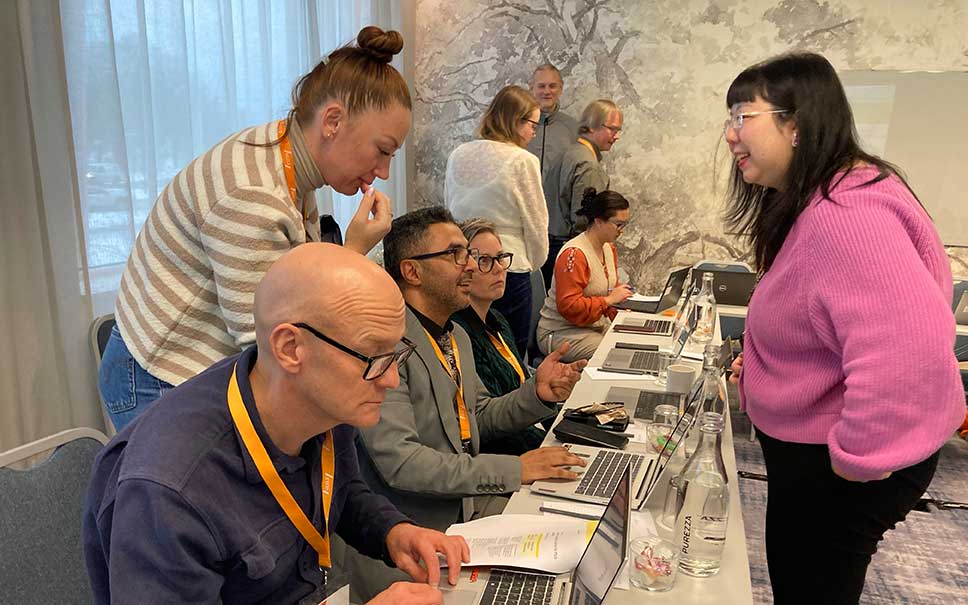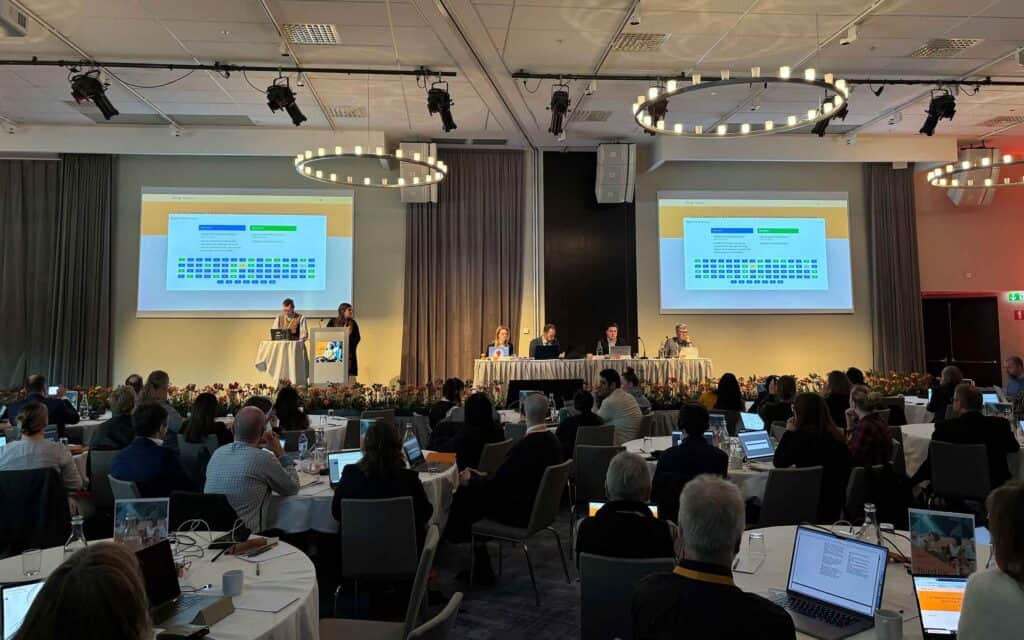The ongoing conflict in Gaza has escalated into a humanitarian crisis of unprecedented proportions. As of late August 2024, more than 40,000 people have been killed as a result of the Israeli attacks, according to reports by Al Jazeera. The scale of this devastation is staggering, affecting every aspect of life in Gaza, including education.
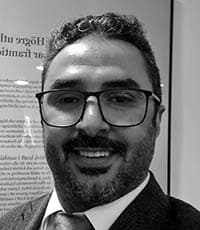
Mohamed Al-Sabri
Chairperson of Doctoral Candidate Association at SULF
All 12 universities in Gaza have been targeted by Israeli airstrikes, in what has been described as a “war against education” by international observers. The attacks have not only resulted in the loss of life but have also crippled the region’s educational infrastructure. As reported by Le Monde, these strikes have devastated academic institutions, leaving scholars and students without the means to continue their studies and research. This assault on education is a profound violation of academic freedom, a principle that is at the heart of our mission as educators and researchers.
When Russia invaded Ukraine, SULF was quick to condemn the aggression and rally support for Ukrainian academics. We collected donations and directed them to organizations that supported university teachers and researchers affected by the conflict. This response was a powerful demonstration of our commitment to solidarity and the defense of academic freedom. Now, as the conflict in Gaza continues, we must ask ourselves: why should our response be any different?
”Universities, which should be safe havens for intellectual growth and free inquiry, have become targets in this conflict.”
The situation in Gaza is dire, not just because of the humanitarian disaster, but also because of the systematic destruction of educational opportunities. Universities, which should be safe havens for intellectual growth and free inquiry, have become targets in this conflict. The destruction of these institutions is a direct attack on the academic community, and it is our duty to respond.
”We must support our colleagues and students who are affected by the conflict, whether they are in Gaza or here in Sweden.”
Taking a stance on Gaza does not require us to choose sides in the conflict. Rather, it means standing up for humanitarian principles and the values that define the global academic community. We must support our colleagues and students who are affected by the conflict, whether they are in Gaza or here in Sweden, where some have faced repercussions for their statements about the situation.
SULF’s members are not only concerned about the situation in Gaza but also about the broader implications for academic freedom and the potential for increased discrimination on campuses.
The union must address these concerns by:
- Urging Swedish universities and the government to provide safe havens for scholars and students fleeing the conflict. Just as we did during the Ukraine crisis, we must offer refuge and support to those whose academic lives have been shattered by war.
- Defending academic freedom by standing against any disciplinary actions taken against academics for their statements on the conflict. The right to free inquiry and expression is fundamental, and it must be protected at all costs.
- Promoting inclusivity in academic institutions by taking a firm stance against anti-Semitism and Islamophobia. The conflict has exacerbated tensions globally, and it is crucial that our universities remain places of dialogue, diversity, and safety.
- Developing concrete tools to support academics affected by this and other conflicts. This includes providing legal and psychological support, as well as advocating for policies that protect academic freedom.
By taking these actions, SULF can reaffirm its commitment to the values that define our union—solidarity, human rights, and academic freedom. This is not about taking a political position; it is about standing up for the rights and safety of our members and the broader academic community.
If we do not act now, we risk failing those who need our support the most. As we did with Ukraine, we must now turn our attention to Gaza and ensure that our union remains a beacon of support and advocacy for all those whose academic freedoms are under threat.
On behalf of the board of Doctoral Candidate Association at SULF (SULF-DCA),
Mohamed Al-Sabri
Chairperson of SULF-DCA
